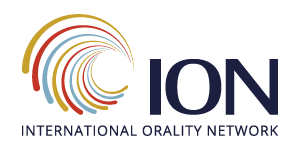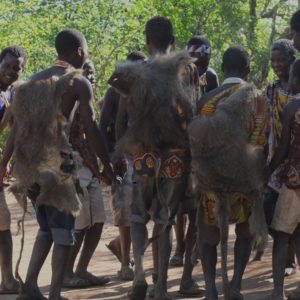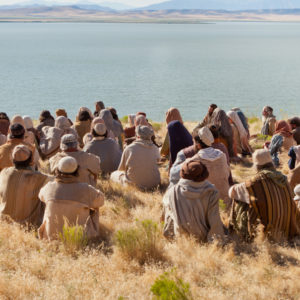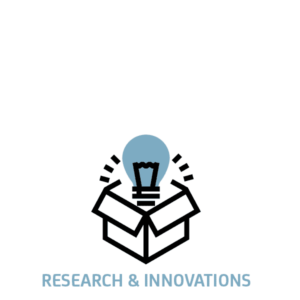Some implications for 21st century missions
Over the last 30 years, Chronological Bible Teaching (CBT) has gone global, and from rural tribal settings to the urban centers of the world, reintroducing the missions world to the powerful use of story in ministry. However, many church leaders today remain unaware of the movement.
The assumptions that drove CBT include the fact that the Bible is one story, that God prepared the Bible as his message for all cultures and that there must be adequate Old Testament preparation for the gospel.
In 2005, those who had worked on Making Disciples of Oral Learners during the 2004 Lausanne Forum and members of the Oral Bible Network merged to form the International Orality Network (ION). ION seeks to ‘radically influence’ the use of primary and secondary orality among unreached peoples in rural and urban contexts. Secondary orality refers to those who are literate, but still prefer to communicate through verbal, visual, and digital means.
After that, various Christian educational institutions began to respond to the movement. Also the orality movement moved from the country to the city, and from primary oral learners to secondary oral learners.
People groups often integrate symbols, stories, and rituals differently from cross-cultural workers. We must create models to analyze this integrated, sacred trio on multiple levels: individual, family, community, nation, and international.
We also need to avoid creating an abridged picture of God by translating the whole Bible, not just one-third, and discover how the digital world can be used for evangelism and follow-up with primary oral learners. In addition, we need to provide sufficient foundation for the gospel to help avoid the syncretism that is so prevalent today. Evangelists too often sacrifice foundation for follow-up. Foundation is follow-up in advance.
Furthermore, we need to become as proficient in experiential apologetics as we are in evidential apologetics and as proficient in narrative theology and biblical theology as we are in systematic theology. And we need to see the Bible as a Sacred Storybook rather than a textbook or a self-help book.
The modern orality movement impacts global ministry on every level, whether one is aware of it or not. It influences every aspect of ministry: training, theological education, Bible curricula, Bible translation, evangelism, church planting, community development, business as mission, creation care, the arts, media, hermeneutics, and homiletics. Let us hope that global church leaders discover its contributions. The present orality movement can provide many answers for global ministries if we can shed our silos.
Read the full article by clicking the link below:
« Book Review: Beyond Literate Western Practices Orality Breakouts – Chapter 17 – The...»








